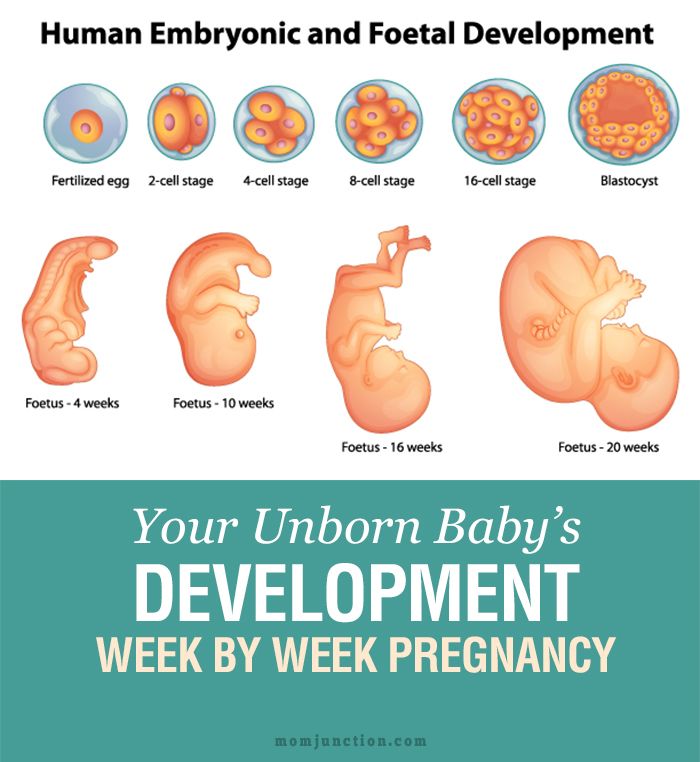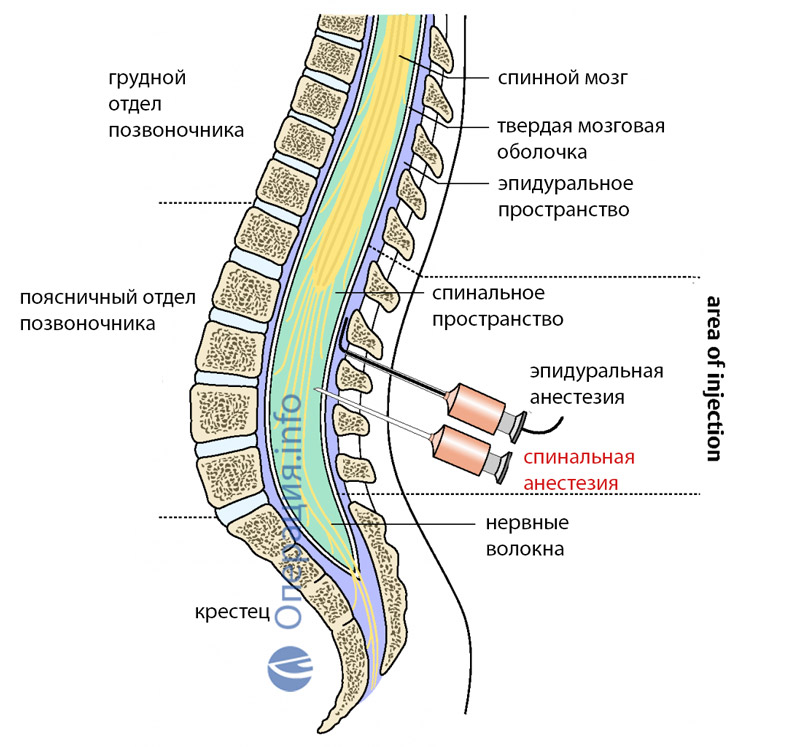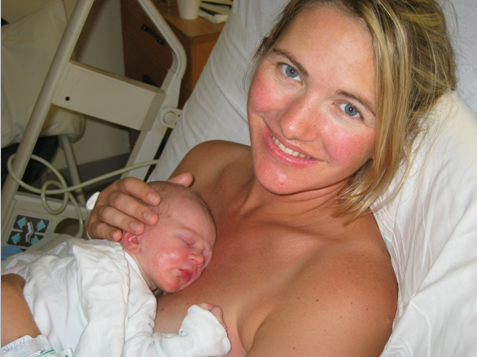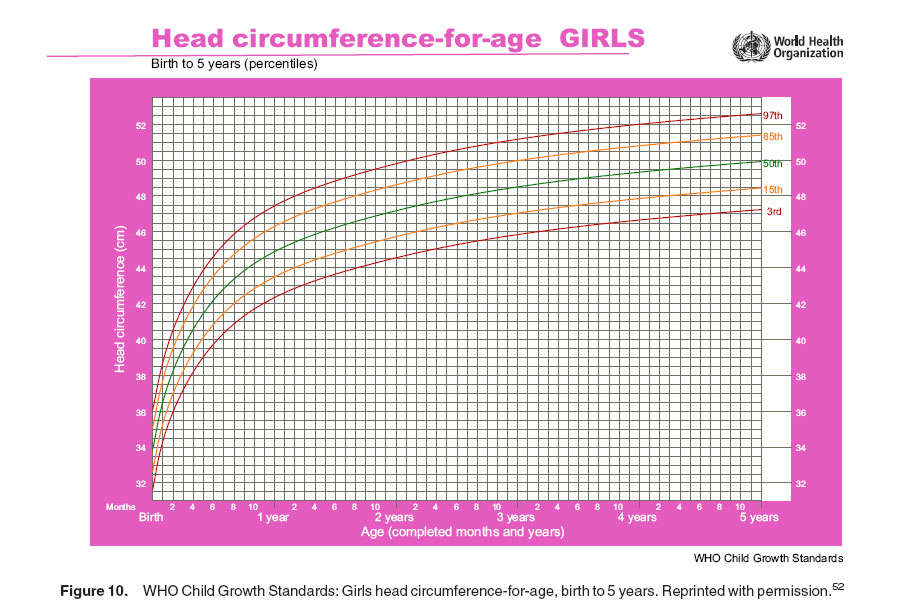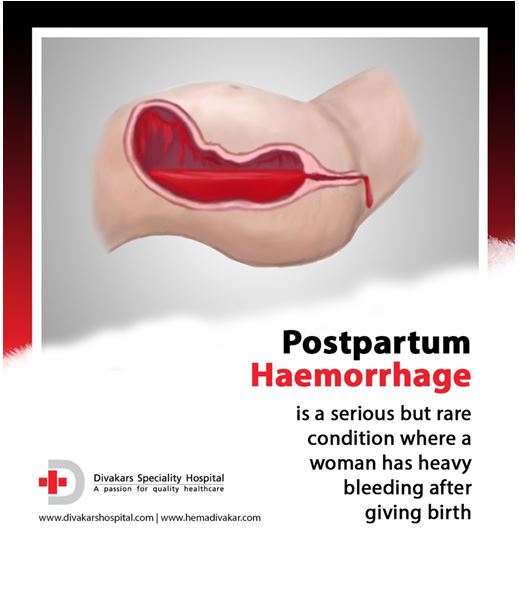How do i stop my child from overeating
Children and overeating: 5 ways to help them stop
Child counselling
By Shelley Treacher, Underground Confidence - Self-Worth Recovery
Published on 13th August, 2021
The latest data by the UK Parliament Post (from 2019-20) reported that, at the end of primary school, 35% of children aged 10-11 years were living with overweight or obesity, and 21% were living with obesity.
The Post goes on to explain: “The Government’s obesity strategy seeks to halve the prevalence of childhood obesity by 2030, with a focus on encouraging individual behaviour change, product reformulation and restricting unhealthy food marketing.”
These changes could surely help. But, how can we help our children to release the emotional side of comfort eating? Here I will explain five ways to approach children, with care.
1. Understand what's behind the eating
It might be something physical or physiological causing a child to eat more, but it is also likely to be emotional. So, as an ongoing question, keep being curious about what's going on for your child that they might mean they need to comfort eat.
2. Portion control is likely to backfire
Portion control is likely to be perceived as shaming. Shame makes us feel worse and, therefore, we are more likely to want to comfort eat.
Have you ever been told that you could, or should, eat less? By the doctor, your personal trainer, well-meaning parents or friends? How did it make you feel?
It’s important to be empathetic and supportive. If you tell your child to eat less, or that they are eating too much, they might feel ashamed. It's highly likely that they will carry on eating but, after feeling shame, it's more likely to be in secret.
3. Don't make food a bad thing, just slow eating down
Food is a good thing. We need food to survive, and it can be pleasurable to eat. But, binge-eating or comfort eating often happens at breakneck speed. The binge-eater doesn't take pleasure in the eating anymore.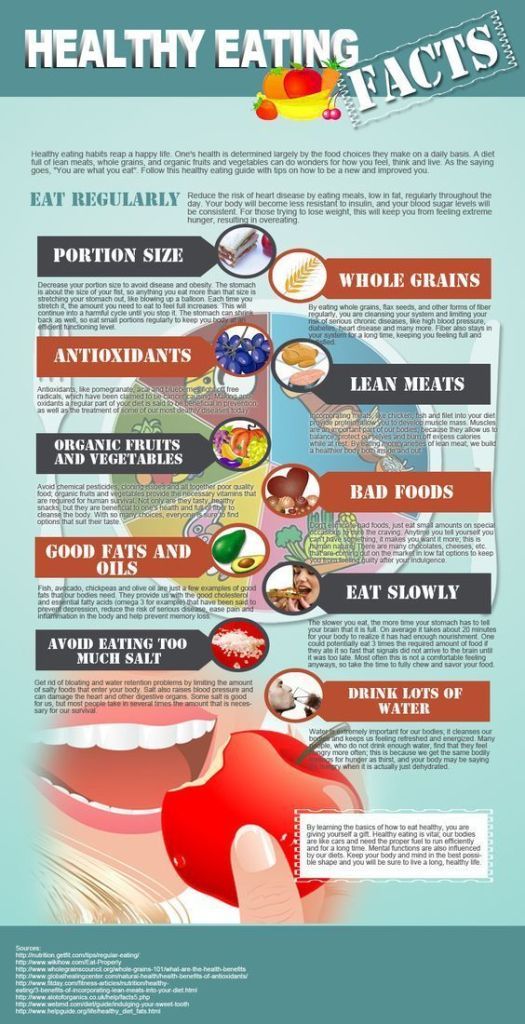
So, start demonstrating eating slower to your child. Perhaps as a family, start eating more mindfully around the dinner table. Slow down and enjoy your food, by way of showing your child that pleasure is important.
4. Talk about responding to hunger
Start talking with your child about responding to hunger - versus responding to stress, difficulty or emotion - with food.
You can explain to your child the fact that, in this culture, we rely on external substances, rather than our inner resources, for reassurance and comfort. You can start to teach your child as an ongoing project that there are other ways to manage how you feel.
This might be something you want to learn together. The best thing you can do here is to learn this for yourself and to pass it on. Start by explaining that this is what we all do, to some extent. We instinctively squash uncomfortable feelings with something else that makes them feel more tolerable.
If you are a comfort eater too, the most effective thing you can do to influence your child is to address your eating and underlying self-confidence. The psychology you might pass on to your children is often one of the things that the parents who come to see me are most concerned about.
The psychology you might pass on to your children is often one of the things that the parents who come to see me are most concerned about.
5. Get to know what your children enjoy
You can pre-empt your child's need to overeat with other activities they might enjoy. For instance, if it is a pattern for your child to want seconds after dinner, bring something else in that they might love doing, instead. This could be something you both enjoy.
Whichever way you choose to approach your child’s overeating, know that you can’t go wrong by getting to know your child. Often, quality time spent with you is what a child craves the most. This will go a long way to addressing any underlying confidence issues. It will teach them directly that they are worth spending time with. That’s the thing we all need the most. So, perhaps this is a win-win for both of you.
If you’re an adult who also wants support with self-confidence and managing comfort eating, you can find more of my articles on my profile.
Share this article with a friend
Article Tags
Child counselling Low self-confidence Binge-eating disorder
Bristol BS4 & BS10
Bristol BS4 & BS10
Shelley Treacher BACP Accred "Having experienced and overcome chronic worry, loneliness and comfort eating myself, I now empower you through the process. I support people from around the World through feeling anxious, unhappy, ashamed or unloved, with compassion, experience, knowledge, and a touch of humour."
Show comments
Find a therapist dealing with Child counselling
What type of session are you looking for?
In person Online / Phone
Location
Search by location
For the most accurate results, please enter a full postcode. If you are searching for an online/phone Counsellor or Therapist, you don't need to enter your location, however, we recommend choosing a Counsellor or Therapist near you, so that you have the choice to see them in person in the future.
Overeating in Children and Teens
Sometimes it may seem your child or teen eats all the time. It may seem they are eating lots of snacks between meals or overeating at meals. How do you know if this behavior is something to worry about or something normal that will pass? What can you do to help your child keep a healthy weight and avoid overeating?
Path to improved health
A child’s eating habits develop early in life, perhaps between the ages of 1 to 2 years. That’s why it’s important for parents to teach and encourage healthy eating habits. These examples should be started at an early age and continue through the teenage years. Here are some ways you can do that:
- Be a good role model. Choose healthy foods and snacks for yourself.
- Learn what an appropriate serving size is. Most people serve themselves and others too much.
- Have healthy snacks in your home. For example, stock fruits like apples and bananas, raw vegetables like carrots and celery, or low-fat yogurt.

- Include plenty of low-fat proteins, vegetables, and whole grains in the meals you make.
- Offer your child healthy food, even if they don’t want it. Children aren’t always open to new things. But if you continue to offer healthy choices, you’ll improve the chances they will develop healthy eating habits.
- Teach your child how to make healthy choices for school lunches.
- Avoid fast-food dining. If you do eat at a fast-food or sit-down restaurant, choose the healthiest meals available.
- Avoid sugary drinks such as sodas and sweet teas. Limit children to no more than one glass of fruit juice each day.
- Forget the “clean plate rule.” Your child should stop eating when they feel full.
- Don’t use food as a reward. Instead, reward good behaviors with a fun family activity (for example, go bowling rather than have ice cream).
Benefits of physical activity
Encourage your child or teen to be physically active. This offers many health benefits, including:
- Helps the body burn calories instead of storing them as body fat
- Helps keep blood sugar levels more balanced and in a normal range (especially important for children who have, or are at risk for, diabetes)
- Lowers blood pressure and cholesterol levels
- Helps make bones and muscles strong
- Builds strength and endurance
- Decreases stress and improves sleep and mental well-being
- Improves self-esteem by helping children feel better about their bodies and appearance
- Prevents serious health problems that can come with being overweight and obesity
The American Academy of Family Physicians (AAFP) recognizes that regular physical activity is essential for healthy growth and development and encourages that all children and adolescents accumulate at least 60 minutes of moderate to vigorous aerobic physical activity every day. The AAFP also encourages parents and schools to make physical activity a priority. Prolonged periods of physical inactivity should also be discouraged both at home and at school.
The AAFP also encourages parents and schools to make physical activity a priority. Prolonged periods of physical inactivity should also be discouraged both at home and at school.
There are ways you can help your child become physically active:
- Limit your child’s screen time to no more than 2 hours a day. Screen time includes playing video or computer games, surfing the internet, texting, and watching TV or DVDs. Set a good example by limiting your own screen time, too.
- Help your child find physical activities they enjoy. For example, your child might enjoy participating in team sports, dancing, playing outdoors, or doing volunteer work.
- Make physical activity part of your whole family’s lifestyle. Take a walk, go for a bike ride, or do chores together. Plan active family outings.
Should I consider a weight-loss diet for my child?
Don’t put your child on a weight-loss diet without talking to your doctor first. Children need a certain number of calories and nutrients to grow, learn, and develop.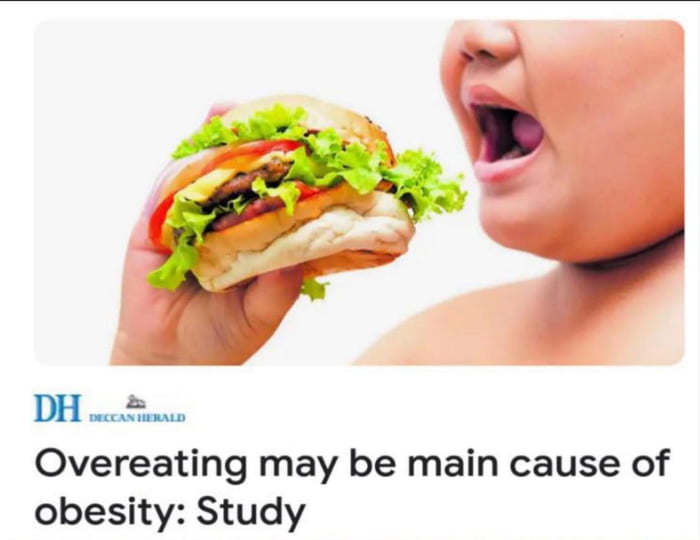
When is it normal for my child or teen to eat more than usual?
Sometimes it’s normal for your child or teen to eat more than usual. He or she may do so—and put on some extra weight—right before a growth spurt in height. This type of weight usually passes quickly as your child continues to grow.
Things to consider
For some children and teens, overeating may be a sign of an eating problem. This could include emotional eating or an eating disorder, such as binge eating disorder.
What is emotional eating?
Emotional eating is eating for comfort, out of boredom, or in response to emotions rather than eating for nutrition or because you’re hungry. Emotional eating can lead to overeating because it isn’t usually about a need for nutrients or calories. Your child’s body doesn’t need the food. Over time, taking in extra calories may cause your child to gain weight and become overweight or obese. Overeating can also cause your child to feel guilty or embarrassed.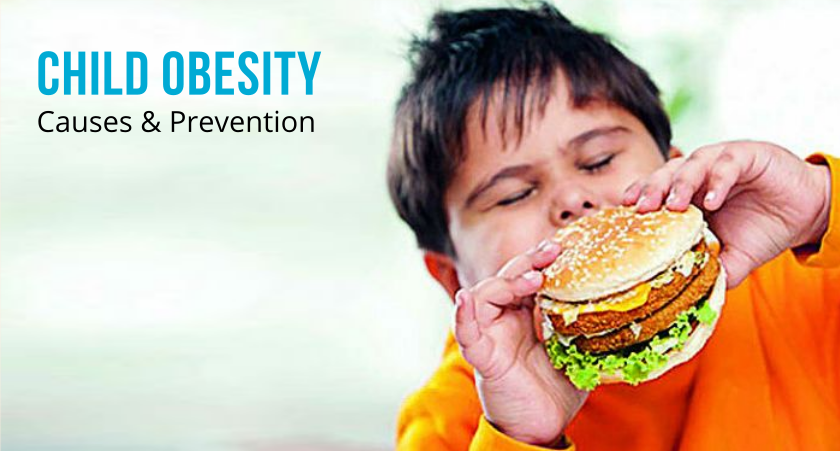
If you notice signs of emotional eating in your child, talk to them about your concerns. Help your child develop a healthy response to their problems, such as focusing on solutions.
What is binge eating disorder?
Eating disorders usually develop during the teenage years or in early adulthood. Binge eating disorder is an eating disorder in which a person regularly consumes large amounts of food in a short time. People who have binge eating disorder are often embarrassed by the amount of food they eat.
They may hide food for binges. People who have this disorder often try to diet without success, or they promise to stop eating so much. They feel they can’t control the urge to eat large amounts of food. As a result, they tend to become overweight or obese.
If you’re concerned your child may have an eating disorder, watch their behavior and talk to your family doctor. Your doctor can evaluate your child and recommend the best way to help.
What are the health risks of overeating?
Overeating can lead to weight gain.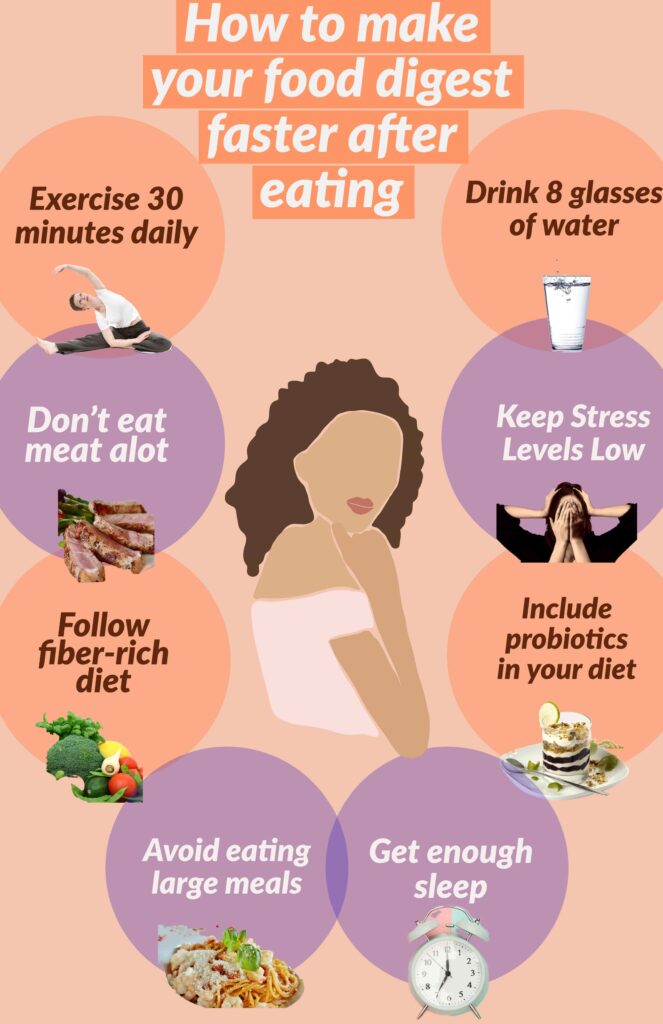 Children who are overweight or obese are at risk for serious health problems as they get older, including:
Children who are overweight or obese are at risk for serious health problems as they get older, including:
- Heart disease
- Diabetes
- High blood pressure
- High cholesterol
- Asthma
- Sleep apnea
- Some types of cancer
Binge eating disorder can also cause stomach problems and is associated with symptoms of depression.
Questions for your doctor
- What should I do if my child won’t eat anything healthy?
- My child is hungry between meals. Should they be allowed snacks?
- Is it okay if my child doesn’t eat meat?
- My teen doesn’t like to eat in front of anyone. Should I worry?
- My teen is always dieting, and I’m concerned. What can I do?
Resources
Centers for Disease Control and Prevention: Improving Your Eating Habits
Copyright © American Academy of Family Physicians
This information provides a general overview and may not apply to everyone. Talk to your family doctor to find out if this information applies to you and to get more information on this subject.
Talk to your family doctor to find out if this information applies to you and to get more information on this subject.
How to wean a child to overeat: 3 rules from an expert
Overeating is a dangerous problem. It all starts with testing all the goodies for the holidays, and it can end not only with excess weight, but also with the wrong approach to food already in adulthood. What to do with it?
nine0004 Source: hereinafter ShutterStock/Fotodom.ru The problem of children's overeating can be encountered on weekdays, but it is especially relevant on holidays. Every child, of any age, whether it's a toddler or a teenager, loves the holidays and looks forward to them.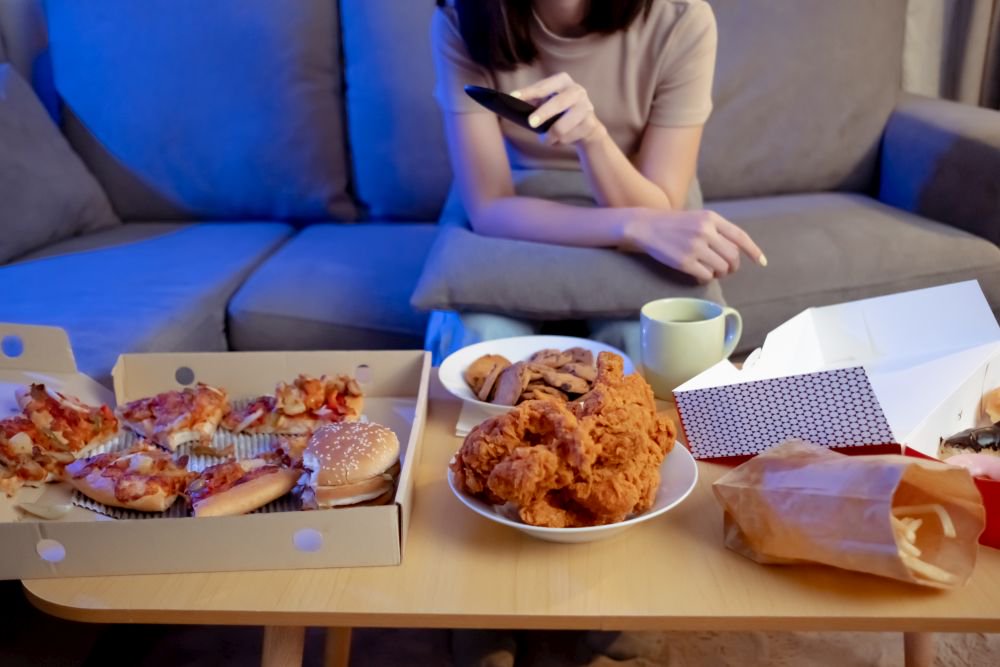 On the holiday there will be gifts, delicious salads, sausage, chicken and, of course, sweets - yummy (sweets, cookies, cakes, cakes, many different fruits). From such an abundance of eyes run up. I want to try everything and more often - not a little. After all, parents on holidays also allow you to eat more than on ordinary days. True, every time, crawling away from the festive table, adults swear that they will never and never overeat like that again. And if adults and responsible people are so little able to control themselves, then what about children? nine0003
On the holiday there will be gifts, delicious salads, sausage, chicken and, of course, sweets - yummy (sweets, cookies, cakes, cakes, many different fruits). From such an abundance of eyes run up. I want to try everything and more often - not a little. After all, parents on holidays also allow you to eat more than on ordinary days. True, every time, crawling away from the festive table, adults swear that they will never and never overeat like that again. And if adults and responsible people are so little able to control themselves, then what about children? nine0003
It is not surprising that children's stomachs cannot cope with an unusually large food load. But if in an adult the consequences of overeating can be limited to a deterioration in the condition, then in childhood these consequences can be much more pronounced. And the younger the child, the more serious they can be.
Do not miss
-
Do not miss
9 foods that should never be given to children
Why do children overeat and how to control it? what:
- In a family where a child has been taught proper nutrition from a young age, there will be no problems with questions - how much, what and when you can eat.
 The baby has already laid down that food should be chewed for a long time, and not swallowed. Portion size should be small (no one will take anything away from him, no one limits him, but there are many things to try)
The baby has already laid down that food should be chewed for a long time, and not swallowed. Portion size should be small (no one will take anything away from him, no one limits him, but there are many things to try) - It is necessary to monitor the diet, do not feed the child. Trust his feeling of satiety (persuasions “For mom, for dad, well, another spoonful” do not do any good).
- You can't turn food into a reward, you can't forbid anything - you have to convince and influence by personal example. Then the child will become a teenager who will not have a “super idea” and a favorite pastime, visiting fast food and fast food cafes, will not become a “life dream” to drink carbonated lemonade and eat chips. nine0018
From an early age the child should be accustomed to moderate food intake; to the fact that at home there is always fresh vegetables and fruits; that at home there is always freshly prepared from natural products and the right food. By explaining and motivating the benefits of healthy eating, parents instill an important, if not the main, skill for the rest of the baby's life. Their instructions, their example are important not only in childhood, but also for teenagers who can already prepare and plan their own actions. nine0003
Their instructions, their example are important not only in childhood, but also for teenagers who can already prepare and plan their own actions. nine0003
Symptoms that the child has overeaten
The state of overeating in a child is easy enough to recognize.
The first complaints are abdominal pain, capriciousness, lethargy, deterioration in general condition, pale skin, excessive sweating. Nausea, vomiting, loose stools, fever may occur.
The most important thing in this situation is to try to remain calm, not to panic, and to make an objective assessment. Remember how many sweets, cookies, fruits and delicious salads the child ate. You need to focus on its usual portion. If what he ate is much more, it means that the deterioration is primarily due to overeating. nine0003
How to help an overeating child
- Offer to drink carbonated mineral water. You need to drink in small sips, not much, 2-3 sips, every 15-20 minutes.
 Carbon dioxide causes the stomach to work, increasing gastric motility and increasing secretion.
Carbon dioxide causes the stomach to work, increasing gastric motility and increasing secretion. - Remove clothing from the child, especially those with an elastic band or belt for support. Elastic band, belt on pants, tights, panties cause discomfort. nine0013 Put to bed and give a light massage - stroking the abdomen in a clockwise direction will help restore/strengthen the bowel contraction.
- If the child complains of nausea, you can give a decoction of chamomile (also a little) or give an adsorbent. This will stop the absorption of food, and hence intoxication
As a rule, the symptoms of overeating do not last long, and with timely assistance, the child feels healthy the next morning. And yet, within 2-3 days it is better to follow a moderate diet. Don't give the usual food. For the first 10-12 hours, let him starve and only drink the child in small portions every 20-30 minutes. These days, you need to significantly limit sweet, sour; exclude fatty, smoked meats, spicy, dairy products. Give herbal tea, bread crumbs. Baked apples are recommended. For lunch, you can offer liquid oatmeal or potato soup on the water. Do not insist that the baby eat everything - as much as he can, the main thing in this situation is to drink more, but gradually, and not in large portions. nine0003
These days, you need to significantly limit sweet, sour; exclude fatty, smoked meats, spicy, dairy products. Give herbal tea, bread crumbs. Baked apples are recommended. For lunch, you can offer liquid oatmeal or potato soup on the water. Do not insist that the baby eat everything - as much as he can, the main thing in this situation is to drink more, but gradually, and not in large portions. nine0003
Don't miss it
When it's time to see a doctor
If your actions do not lead to an improvement in the child's well-being and condition, and the situation starts to go beyond the norm, you should immediately consult a doctor. Especially with the following symptoms:
- Nausea, vomiting, diarrhea for more than 24 hours. The frequency of vomiting and stools increase.
- Yellow, green or black shade of vomit.
- Blood streaks in vomit or feces. nine0013 Pain in the abdomen of a permanent nature. The place "where it hurts" the child points far from the navel.
- Deterioration of general condition.
- Appearance of rash.
- Difficult and painful urination.
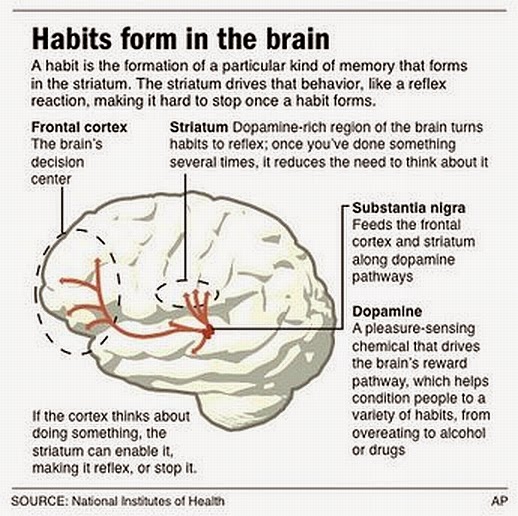 The further, the urgency of going to the doctor is higher. Duration of abdominal pain for more than 24 hours.
The further, the urgency of going to the doctor is higher. Duration of abdominal pain for more than 24 hours. Don't make it worse and don't put off going to the doctor. But best of all, of course, teach your child moderation and proper nutrition. Let this become the norm! nine0003
Author
Elena Yurtseva
Pediatric endocrinologist MEDSI Clinic on Leninsky Prospekt
What impression did this article make on you?
Recommended
Dyslexia in children: feature or disease
If the child is not friends with anyone: when the help of a psychologist is needed, and when he should be left alone nine0003
Anxious mother - grief in the family: how can you ruin the life of your children
Meningitis in children: will a hat save you from infection?
What can turn into an adult life the habit of cheating at school nine0003
Hardening children: advice from a pediatrician
How to determine the mood of a child by drawing: family art therapy
3 reasons why your child can't focus on school nine0003
When there is a change of teeth, is it necessary to cut the bridle and other painful questions for a pediatric dentist
Advertisement on lisa.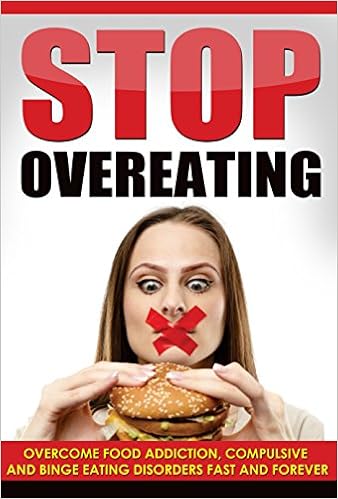 ru
ru
3 rules to wean a child from overeating
Overeating is a dangerous problem. It all starts with testing all the goodies for the holidays, and it can end not only with excess weight, but also with the wrong approach to food already in adulthood. What to do with it? nine0003
The problem of child overeating can also be encountered on weekdays, but it is especially relevant on holidays. Every child, of any age, whether it's a toddler or a teenager, loves the holidays and looks forward to them. On the holiday there will be gifts, delicious salads, sausage, chicken and, of course, sweets - sweets (sweets, cookies, cakes, cakes, many different fruits). From such an abundance of eyes run up. I want to try everything and more often - not a little. After all, parents on holidays also allow you to eat more than on ordinary days. True, every time, crawling away from the festive table, adults swear that they will never and never overeat like that again. And if adults and responsible people are so little able to control themselves, then what about children? nine0003
It is not surprising that children's stomachs cannot cope with an unusually large food load. But if in an adult the consequences of overeating can be limited to a deterioration in the condition, then in childhood these consequences can be much more pronounced. And the younger the child, the more serious they can be.
But if in an adult the consequences of overeating can be limited to a deterioration in the condition, then in childhood these consequences can be much more pronounced. And the younger the child, the more serious they can be.
Why do children overeat and how to control it? what:
* In a family where a child has been taught proper nutrition from an early age, there will be no problems with questions - how much, what and when to eat. The baby has already laid down that food should be chewed for a long time, and not swallowed. The portion size should be small (no one will take anything away from him, no one limits him, but there are many things to try).
* It is necessary to monitor the diet, do not feed the child. Trust the feeling of his satiety (the persuasion “For mom, for dad, well, another spoonful” is not helpful). nine0003
* You can't turn food into a reward, you can't forbid anything - you have to convince and influence by personal example. Then the child will become a teenager who will not have a “super idea” and a favorite vacation, visiting fast food and fast food cafes, will not become a “life dream” of drinking carbonated lemonade and eating chips.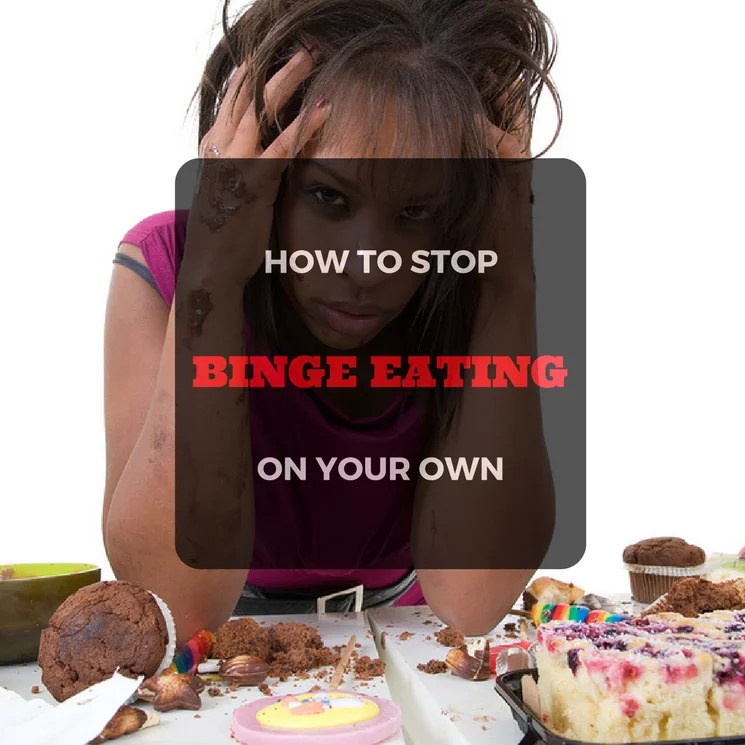
From an early age the child should be taught to eat moderately; to the fact that at home there is always fresh vegetables and fruits; that at home there is always freshly prepared from natural products and the right food. By explaining and motivating the benefits of healthy eating, parents instill an important, if not the main, skill for the rest of the baby's life. Their instructions, their example are important not only in childhood, but also for teenagers who can already prepare and plan their own actions. nine0003
Signs that the child has overeaten
The state of overeating in a child is fairly easy to recognize.
The first complaints - abdominal pain, the appearance of capriciousness, lethargy, deterioration in general condition, pale skin, excessive sweating. Nausea, vomiting, loose stools, fever may occur.
The most important thing in this situation is to try to remain calm, not to panic, and to make an objective assessment. Remember how many sweets, cookies, fruits and delicious salads the child ate.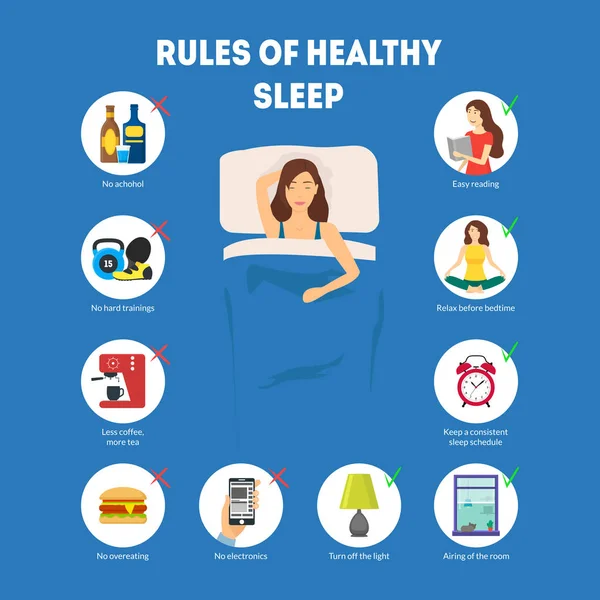 You need to focus on its usual portion. If what he ate is much more, then the deterioration is primarily due to overeating. nine0003
You need to focus on its usual portion. If what he ate is much more, then the deterioration is primarily due to overeating. nine0003
How to help an overeating child
* Offer to drink carbonated mineral water. You need to drink in small sips, a little, 2-3 sips, every 15-20 minutes. Carbon dioxide causes the stomach to work, increasing gastric motility and increasing secretion.
* Take off your child's clothes, especially those with an elastic band or belt for support. Elastic band, belt on pants, tights, panties cause discomfort.
* Get to bed and give a light massage - stroking the abdomen in a clockwise direction will help restore/strengthen the bowel contraction. nine0003
* If the child complains of nausea, you can give a decoction of chamomile (also a little) or give an adsorbent. This will stop the absorption of food, and hence intoxication
As a rule, the symptoms of overeating do not last long, and with timely assistance, the child feels healthy the next morning.

